We’re in the middle of cold and flu season. During the winter months, these common illnesses can spread like wildfire. As we get older, these illnesses can last longer and be more severe as our bodies work hard to fight off the infection. To add to the challenge, these types of illnesses can be hard to avoid. But if you do get a cold, there are ways to give your immune system a boost and speed up recovery.
Eucalyptus
If you’re suffering from congestion or can’t stop coughing, eucalyptus may offer the relief you’re looking for. Available in several different forms, including syrup, oil, and dried leaves, eucalyptus can be used as an expectorant or a way to relieve a sore throat. When you’re at home and sick, try adding a few drops of eucalyptus oil to the water in a humidifier. The results are remarkably soothing!
Elderberry Syrup
Also referred to as elderberry extract, this syrup is made from a plant called European elder. It can be purchased at many health food stores or made at home (but use caution when doing this, since raw and undercooked elderberries are toxic). Many people swear by the berries’ ability to ease congestion and relieve a number of other cold symptoms. Plus, elderberry syrup is known for having antiinflammatory and antiviral properties, making it an ideal tool for fighting the common cold. Some research even suggests that it can shorten flu symptoms by up to three days.
Zinc
While many people turn to vitamin C to hurry through a cold, that’s not the supplement you should be focusing on. In fact, an overwhelming number of\ studies show that vitamin C does absolutely nothing to help shorten or prevent colds. Instead, take zinc. You can find it as a nasal spray, a lozenge, or even as part of a vitamin C or multivitamin supplement. One study published in the Annals of Internal Medicine found that those who incorporated a zinc supplement into their daily vitamin regimen reduced their recovery time from a cold by half. Cold symptoms among those taking a zinc supplement lasted about four days, while symptoms among those taking a placebo lasted about eight days.
